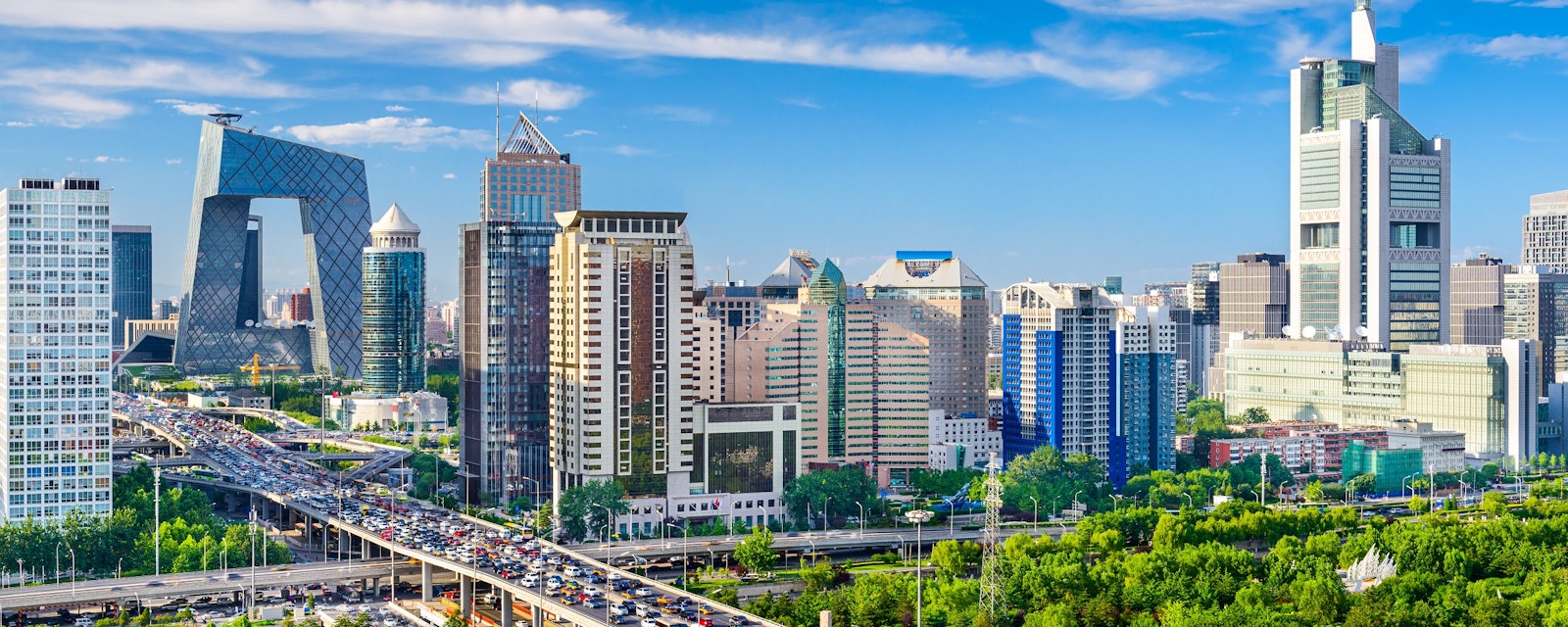Deglobalization has become a hot topic in recent years, but the term is vague enough to encompass a broad range of specific issues. Lurking behind nearly all of these, however, is U.S.-China geopolitical tensions and the return of protectionist policies around the world.
Vision 2024, Teneo’s annual CEO & Investor Outlook Survey suggests two apparently contradictory trends. On the one hand, recognition of deglobalization as a significant trend increased substantially compared to last year. On the other hand, the strategic importance of China rose year-on-year among both CEOs and investors.1
In fact, these two data points suggest that companies are revising their China strategies to adapt to deglobalization but remain committed to China as both a consumer market and a manufacturing hub. Increased attention to supply-chain resiliency and political pressure from Western governments for onshoring and friendshoring have pushed companies to adopt “China for China” strategies in which China-based manufacturing primarily serves Chinese demand, while export-oriented production moves to other developing countries.
A related trend is what might be termed “superficial decoupling.” While the U.S. bilateral trade deficit with China fell in 2023, global trade balances for both countries were little changed. Global trade data suggests that China remains a crucial player in global manufacturing supply chains but that companies seeking to avoid U.S. tariffs and other China-focused trade barriers are increasingly sourcing intermediate goods from China while shifting final assembly to other locations.2
The increased importance of China this year over last year may also reflect CEOs’ tendency towards short-term thinking. A year ago, China was just emerging from three years of a harsh zero-COVID policy, which left foreign companies profoundly uncertain about China’s future as both a consumer market and a supply-chain hub. While many challenges to operating in China persist, the end of zero-COVID dispelled the most pessimistic interpretations according to which the pandemic marked a fundamental turning point towards a more inward-looking and xenophobic China.3
For portfolio investors, the increased importance of China reflected in Teneo’s survey reflects the dramatic market swings associated with the end of the zero-COVID policy in late 2022. 2023 began with a ferocious rally in Chinese equities, but that turned into a bear market later in the year as China’s post-zero-COVID economic recovery fell short of expectations. Consistent with that trend, foreign investors poured money into Chinese equities earlier in the year, while the second half featured large outflows.4 Now, despite ongoing concerns about China’s economic growth, Chinese equity valuations may be low enough to lure bottom feeders back to the market.
Portfolio investors apparently see both bullish and bearish factors arising from deglobalization. For example, semiconductor companies in both the U.S. and China are benefitting from subsidies from their home governments. But deglobalization is also hurting profitability for U.S., European and Taiwanese semiconductor companies affected by aggressive U.S. export controls that block the sale of U.S.-origin chip technology to Chinese companies.5
Another surprising finding from the survey is that both CEOs and investors believe that China will be less important to their strategies five years from now but more important in ten years. This result suggests that survey respondents may believe that the difficulties of operating and investing in China arise largely from China’s current political leadership and that those difficulties will increase over the next five years. Ten years from now, however, the operating and investment environment may have improved following a political transition. Similarly, the ten-year result undermines the “Peak China” thesis that has become popular among some commentators and holds that China’s global influence has already peaked and is now in long-term structural decline.6
1 https://www.teneo.com/vision2024/
2 https://twitter.com/RobinBrooksIIF/status/1744038987109412953
3https://edition.cnn.com/2021/11/14/china/china-border-closure-inward-turn-dst-intl-hnk/index.html
4 https://www.ft.com/content/b71094b0-d974-47fb-83f2-652dd4c0d4c5
5https://edition.cnn.com/2024/01/02/tech/asml-china-exports-suspension-intl-hnk/index.html





